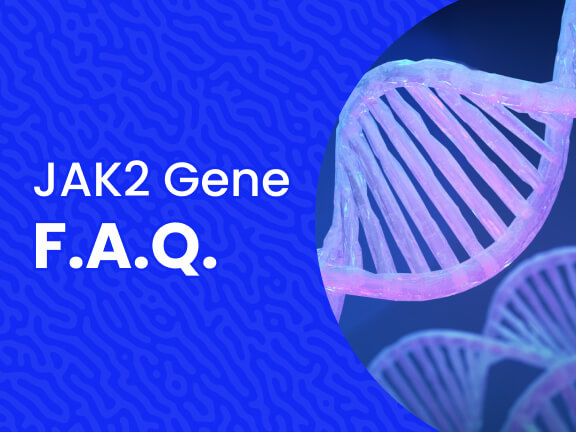AKT Kinases are genes in the body that control cellular function such as growth, survival, proliferation, and metabolism. The AKT Kinase family is comprised of isoforms AKT1, AKT2, and AKT3, which all express differently in specific cancers. According to the National Center of Biotechnology Information (NCBI), the AKT1 genetic mutation is said to be associated with colorectal cancer, hereditary breast cancer, ovarian cancer, Cowden syndrome 6, and proteus syndrome. For patients with AKT genetic mutations, there may be therapeutic options in the form of AKT inhibitors that patients without the AKT genetic mutation may not benefit from.
AKT Kinases and Clinical Trials
AKT inhibitors are being studied in clinical trials to treat AKT1/2/3 mutant-positive tumors. There are 5 studies currently recruiting in the United States that use AKT inhibitor drugs. AKT inhibitors in clinical trials target all three isoforms, AKT1, AKT2, and AKT3. They are commonly referred to as pan-AKT inhibitors and include synthetic and natural compounds. Patients interested in clinical trials studying AKT inhibitors should consult with their doctor to understand if they may be an option for them. If so, there are tools patients can use to find out if they are eligible for any of these clinical trials.
AKT Kinases in Specific Cancers
AKT Kinases express differently in specific cancers. Increased AKT1 activity has been found in 40 percent of breast and ovarian cancers, and 50 percent of prostate cancers. Overexpression of AKT2 is seen in 30-40 percent of ovarian and pancreatic cancers, and increased AKT3 activity is observed in estrogen receptor (ER), and androgen receptor (AR) deficient breast and prostate cancers.
Testing for AKT Mutations
Patients who want to understand if they have an AKT mutation should consult with their doctor to get genetic testing done. Genetic testing will tell the patient important information about their cancer case to help aid in the treatment selection process.
Sources:
Activation of AKT Kinases in Cancer: Implications for Therapeutic Targeting – ScienceDirect
The Akt kinases: isoform specificity in metabolism and cancer – PubMed (nih.gov)
https://www.ncbi.nlm.nih.gov/genes
AKT as a Therapeutic Target for Cancer | Cancer Research (aacrjournals.org)












